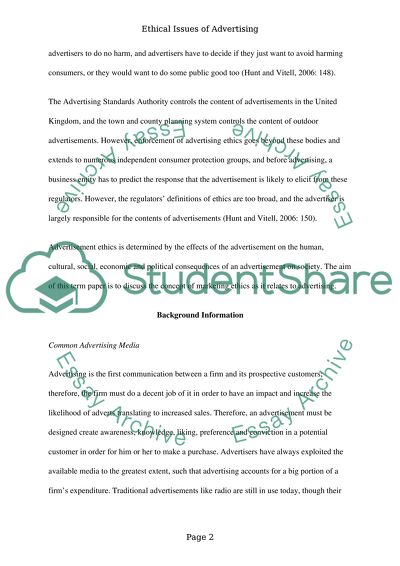Cite this document
(“Ethical issue in Marketing related to Advertising Essay”, n.d.)
Retrieved from https://studentshare.org/marketing/1395988-ethical-issue-in-marketing-related-to-advertising
Retrieved from https://studentshare.org/marketing/1395988-ethical-issue-in-marketing-related-to-advertising
(Ethical Issue in Marketing Related to Advertising Essay)
https://studentshare.org/marketing/1395988-ethical-issue-in-marketing-related-to-advertising.
https://studentshare.org/marketing/1395988-ethical-issue-in-marketing-related-to-advertising.
“Ethical Issue in Marketing Related to Advertising Essay”, n.d. https://studentshare.org/marketing/1395988-ethical-issue-in-marketing-related-to-advertising.


